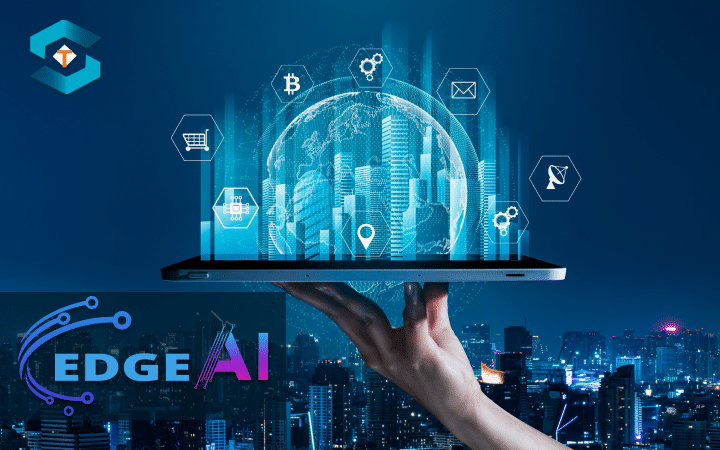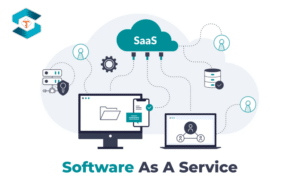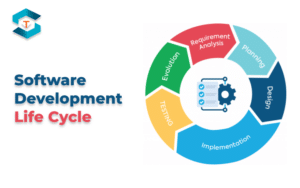Edge AI refers to the use of artificial intelligence (AI) technologies on edge devices, which are devices that process data closer to the source of that data rather than relying on cloud-based processing. Unlike traditional AI systems that rely on a centralized cloud server for data processing and analysis, edge AI systems perform these tasks locally on the device itself. This enables faster real-time processing, reduced latency, and improved privacy by keeping sensitive data on the device.
Edge AI leverages machine learning models and algorithms optimized to run on resource-constrained devices such as smartphones, IoT (Internet of Things) devices, embedded systems, drones, or autonomous vehicles. These models are often lightweight and designed to operate efficiently with limited computational power, memory, and energy resources.
Some common applications of edge AI include:
IoT Devices:
Smart home devices, wearables, and sensors that can process data locally without constant reliance on cloud servers.
Autonomous Vehicles:
Utilizing AI for real-time decision-making in navigation, object detection, and collision avoidance.
Healthcare:
Portable medical devices and wearables capable of analyzing and interpreting health data for diagnostics and monitoring.
Manufacturing:
Quality control, predictive maintenance, and optimization of production processes by embedding AI in machinery and equipment.
Surveillance and Security:
Video analytics, facial recognition, and anomaly detection performed at the edge for quicker response times and improved security.
The benefits of Edge AI include:
Low Latency:
Immediate processing and response times, crucial for real-time applications.
Privacy:
Keeping sensitive data on the device mitigates potential security risks associated with transmitting data to the cloud.
Bandwidth Efficiency:
Reducing the need to transfer large amounts of data to the cloud, conserving network bandwidth.
Reliability:
Operations can continue even in the absence of a stable internet connection.
However, there are challenges such as limited computational resources, power constraints, and the need for efficient algorithms to perform complex tasks within these constraints.
Developments in Edge AI continue to expand its capabilities, making it a significant area of focus for numerous industries aiming to deploy AI-powered solutions while leveraging the advantages of localized processing.





